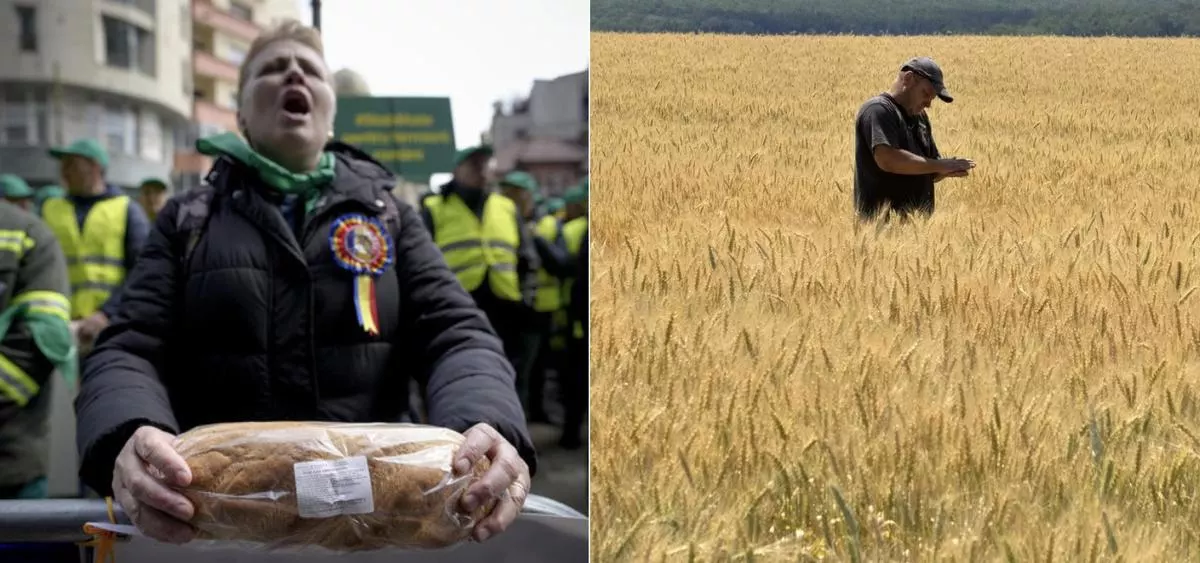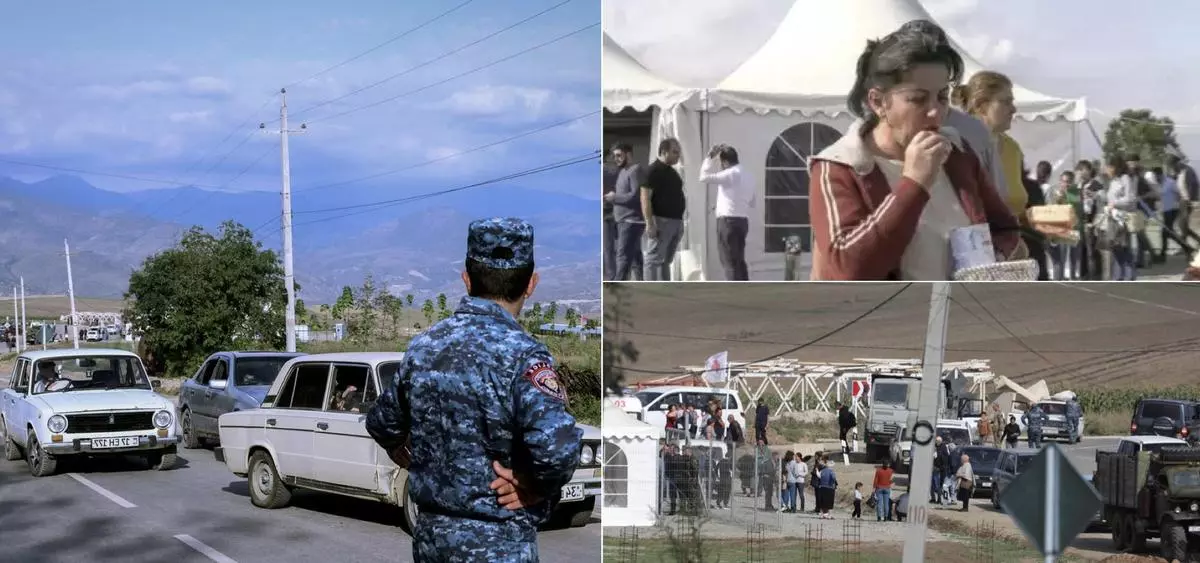Poland, Hungary, Slovakia grain import restrictions, EU ban lift, Ukraine agriculture trade impact, neighboring countries’ farmers, export routes, and ongoing trade dispute

Credit: Google | Eastern Europe keeps ban on Ukrainian grain imports
Eastern European nations, including Poland, Hungary, and Slovakia, have reaffirmed their individual restrictions on Ukrainian grain imports following the European Commission’s decision not to extend its ban affecting Ukraine’s five EU neighbors.
Ukraine, once a prominent global grain exporter, faced challenges in shipping agricultural produce after Russia’s 2022 invasion disrupted its preferred routes through Black Sea ports. Consequently, Ukrainian farmers turned to neighboring countries to export their grains and oilseeds. This influx of produce caused local prices to plummet, affecting the livelihoods of local farmers and prompting governments to impose bans on agricultural imports from Ukraine.
⚡Poland, Hungary, Slovakia to extend bans on Ukrainian grain.
— The Kyiv Independent (@KyivIndependent) September 15, 2023
The countries will implement their own bans on Ukrainian grain imports despite the European Commission's decision to end the embargo on Sept. 15.https://t.co/f67qMNKTeS
In May, the European Union intervened, preventing individual countries from imposing unilateral bans and imposing its own ban on imports into neighboring countries. However, under the EU ban, Ukraine was allowed to export its produce through these countries on the condition that the goods were sold elsewhere.
The EU’s ban expired recently after Ukraine committed to implementing stricter export controls. The timing of this decision is particularly critical as farmers are in the midst of their harvests and sales preparations.
While EU Trade Commissioner Valdis Dombrovskis urged countries not to take unilateral actions against Ukrainian grain imports, Poland, Slovakia, and Hungary immediately reinstated their own restrictions, albeit still allowing the transit of Ukrainian produce.
Terry Reilly, a senior agricultural strategist for Marex, pointed out that as long as Ukraine can ensure the smooth delivery of grain to its intended destinations, the domestic use ban won’t significantly hinder its ability to export. However, concerns about disruptions to Black Sea exports persist.
The extent to which Ukraine has pledged to restrict exports and the impact of these new bans on its produce flow remain uncertain. This issue has exposed divisions within the EU regarding the economic consequences of the Ukraine-Russia conflict on member countries with robust agricultural sectors.
Ukrainian President Volodymyr Zelenskiy welcomed the EU’s decision not to extend the ban on grain exports from Kyiv but emphasized that his government would respond “in a civilized fashion” if EU member states violated EU rules.
Poland, Slovakia, and Hungary justify their actions as being in the best interests of their economies. Polish Agriculture Minister Robert Telus extended the ban to include meals from cereals like corn, wheat, and rapeseed, to protect the Polish market.
Hungary imposed a comprehensive import ban on 24 Ukrainian agricultural products, further complicating the situation.
Slovakia’s agriculture minister also announced his country’s grain ban. Importantly, all three bans solely apply to domestic imports and do not affect transit to other markets.
To assist Ukraine in circumventing the trade challenges, the EU established alternative land routes known as “Solidarity Lanes” after Russia withdrew from a U.N.-brokered Black Sea grain deal in July, which had ensured safe passage for cargo ships.
The European Commission allowed the existing measures to expire as scheduled, citing the disappearance of supply distortions that had prompted the ban in May. The EU’s stance now hinges on Ukraine effectively implementing export controls.
Farmers in neighboring countries have repeatedly voiced concerns about oversupply negatively impacting domestic prices and threatening their financial stability. Except for Bulgaria, the other four neighboring countries had lobbied for an extension of the EU ban. However, Bulgaria voted to lift the restrictions.
Romania, which had refrained from imposing a unilateral ban before May, expressed regret that a European solution to extend the ban could not be reached. The Romanian government is now awaiting Ukraine’s plan to prevent an import surge before deciding on protective measures for Romanian farmers.
With over 60% of alternative grain flows passing through Romania, mainly via the Danube River, Romanian farmers have threatened protests if the ban is not extended.
In the past year, Ukraine had been using the Solidarity Lanes for 60% of its exports and the Black Sea for 40% thanks to the U.N.-brokered deal. However, Russian drone attacks on Ukraine‘s grain infrastructure along the Danube and near the Romanian border have complicated efforts to further increase exports through Romania.
RELATED NEWS
WEB STORIES FOR YOU
Stay connected with Today On Globe for the latest Global Issues and News Updates.
Explore more related articles at [TOG News / TOG Article]






















